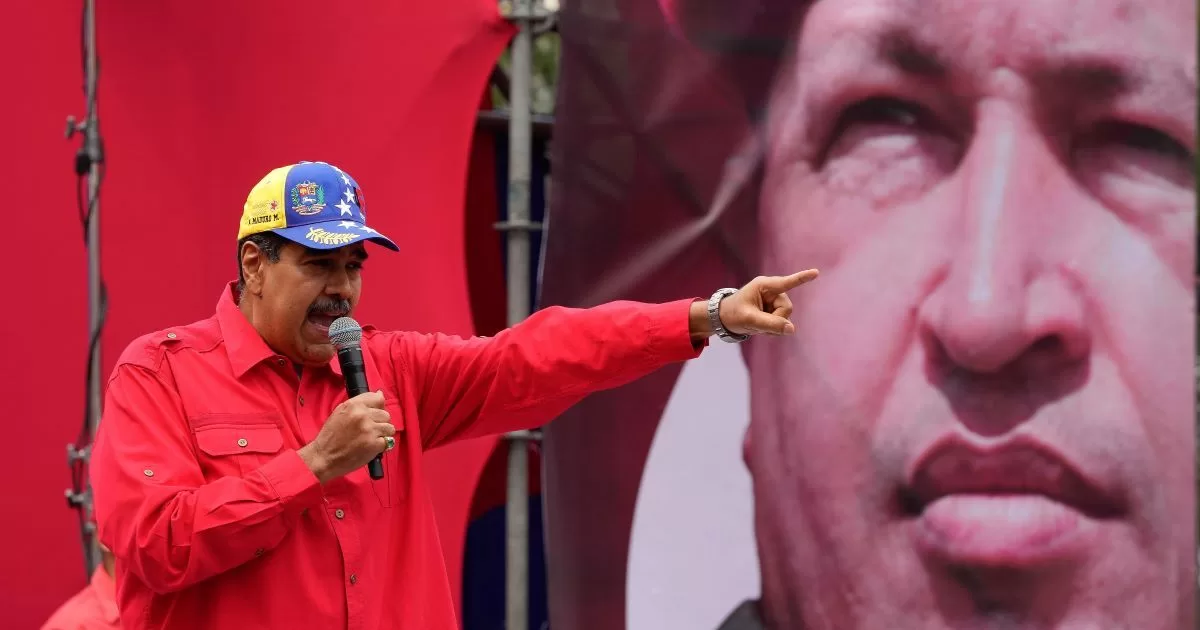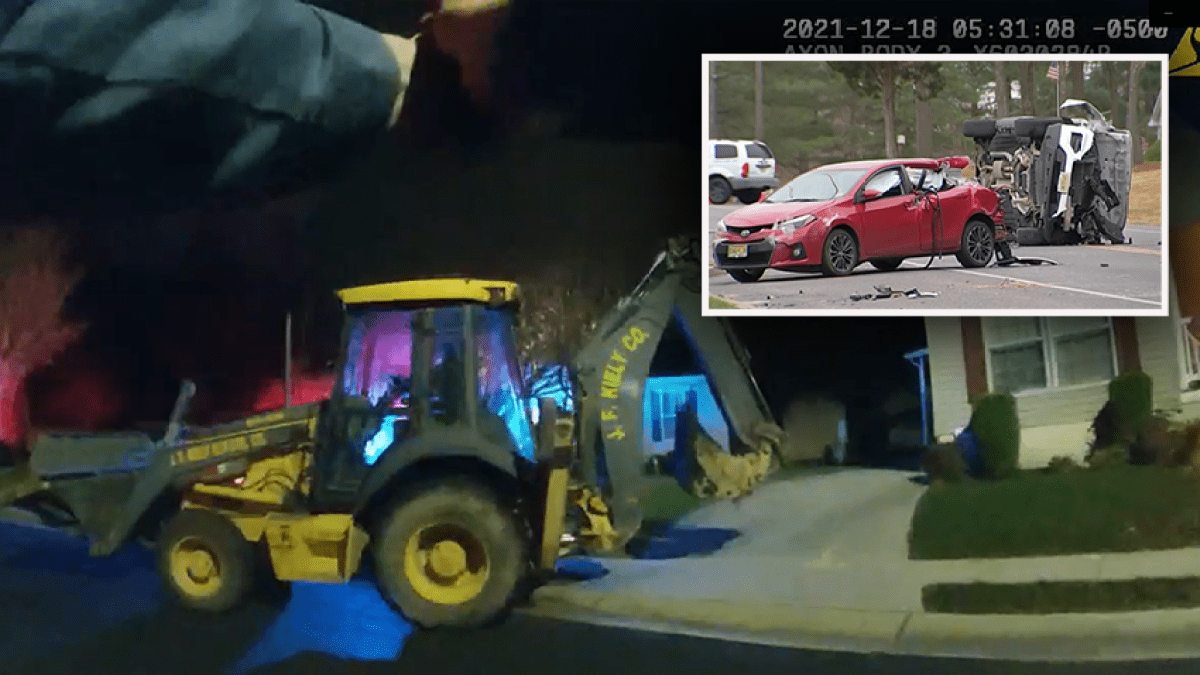MIAMI — Ten people, including several former Venezuelan officials and businessmen of companies from Costa Rica and Spain, were accused in a federal court in Miami of having violated the sanctions that the United States has imposed on the state oil company Venezuela (PDVSA) as part of a policy that seeks to pressure the regime of Nicolás Maduro towards a democratic opening.
The violations included the purchase in the United States of turbines, brakes and other spare parts for airplanes that would be used by the fleet of Venezuela’s state oil company, according to the charges.
The accusations are included in a court document that remained sealed for more than two years and were revealed by the Department of Justice after a judge ordered its declassification following the arrest of one of the accused.
The court case was made public less than a week after Joe Biden’s administration, which has granted concessions to the Chavista regime, announced that it had once again imposed severe oil sanctions on Venezuela, for non-compliance with the Barbados Agreement that contemplates the realization of free and fair elections in the South American nation.
The Biden administration’s decision comes just six months after Washington had relaxed some restrictions in hopes of a democratic opening in the South American nation.
According to the 33-page document containing the charges filed in Miami federal court, the defendants devised a plan to illegally acquire aircraft parts in the United States—including Honeywell Turbofan engines—for the fleet of Petróleos de Venezuela (PDVSA). in Venezuela, thus violating US sanctions and export controls.
How they evaded controls
To carry out their operation, the defendants hid from the US companies that the products were destined for Venezuela and PDVSA, exporting them to third parties in other countries, including the Costa Rican company Novax Group SA and the Spanish company Aerofalcon SL.
Among the accused there are four who are related to PDVSA: Gilberto Ramón Araujo Prieto, former air transport manager and Venezuelan colonel; Guillermo Ysrael Marval Rivero and Fernando José Blequett Landaeta, managers of air transportation and logistics analysis, and George Clemente Semerene Quintero, head of logistics and who was detained on November 19 upon arriving at Miami International Airport.
Four others worked at Novax: Luis Alberto Duque Carvajal, its owner; Melvin Alemán Espinoza, director of operations; Mikhail Largin, director of special projects, and Pedro Elías Sucre Salazar, a Novax employee in Venezuela, according to the document.
The two remaining defendants are related to the Spanish company Aerofalcon: Juan Carlos González Pérez, the owner; and Juan David Guerra Viera, one of its directors.
Smuggling
If convicted, all defendants could face a sentence of up to 20 years in prison for conspiring to violate the law that authorizes economic sanctions against a foreign country that represents a threat to the national security or foreign policy of the United States.
Duque, Alemán, Sucre, González and Guerra Viera are also accused of providing false or misleading export information and merchandise smuggling, which carry penalties of between five and 10 years in prison.
The lawsuit indicates that “at no time” did any of the 10 defendants “request, receive or have a license or authorization” from US authorities to export products, technology or services to PDVSA.
The document indicates that the purpose of the conspiracy was to acquire aircraft parts in the United States to supply them to PDVSA in Venezuela, hiding from the companies and the US government that they were intended for the South American nation’s oil company, thus carrying out financial transactions to facilitate the exports and evading legal requirements.
The triangulation
Among the examples of the operations carried out, the prosecution mentions that in March 2019 Alemán wrote to Araujo, Duque and Largin to notify them that nine aircraft parts would be sent to a PDVSA warehouse in Maiquetía, Venezuela.
Three days later, Sucre told Duque in another message that he had spoken with Araujo about the payment and that Araujo had mentioned that it would be made through third parties and that “the best thing for the company would be to have an account in Russia, China or Malaysia and “That the intermediary banks of the account are not in the United States or Europe so that the payment is made without problems,” according to details included in the indictment document.
In another message from August 2019, Guerra Viera says that after the new US sanctions “we have to be more cautious with the movement of these engines.”
An unidentified employee of the Costa Rican companyNovax, purchased 18 airplane covers from an American company in South Florida for about $10,190 to whom he told that they would be used in San José, Costa Rica, and not in Venezuela.
Months later, González, from the Spanish company Aerofalcon SL, bought an airplane engine from a Texas company for around $837,000 and exported it to Madrid.
Source: With information from AP



